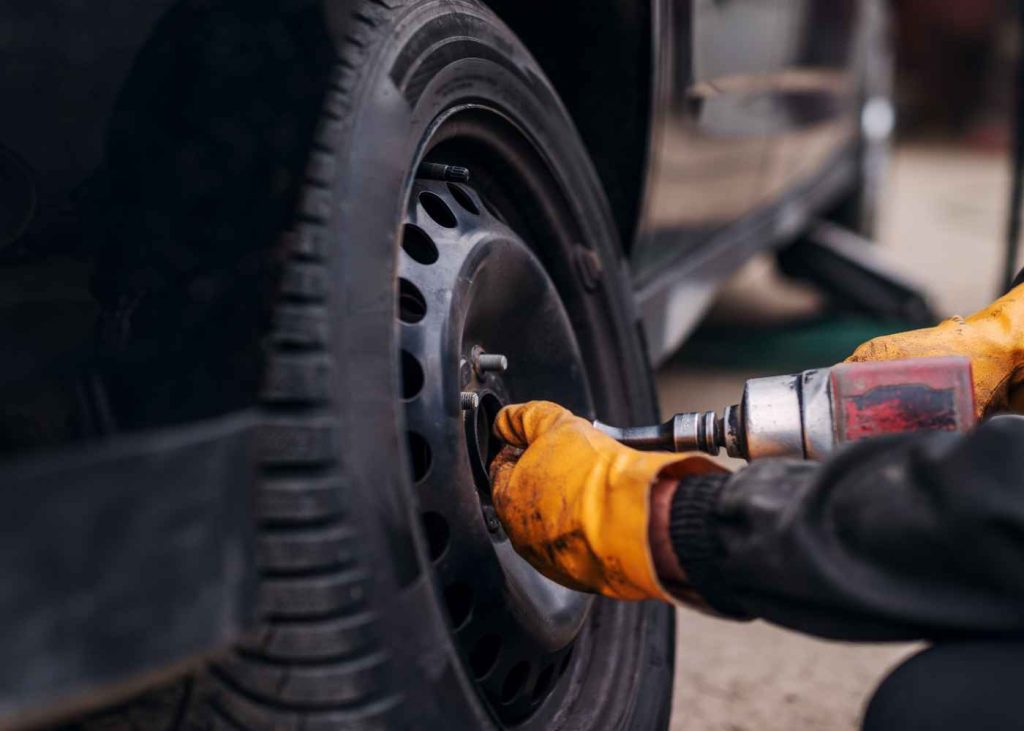Many drivers treat tire replacement as a simple commodity purchase, choosing the cheapest available option or whatever happens to be in stock at their local shop. This casual approach to tire selection can have serious consequences for safety, performance, and long-term costs that far exceed any initial savings from bargain shopping.
Tires represent the only contact point between your vehicle and the road, making them one of the most critical safety components on your car. The quality and appropriateness of your tire choice directly affects braking distance, handling, fuel economy, and your ability to maintain control in various weather conditions.
Understanding why quality tire selection matters helps drivers make informed decisions that protect their safety, optimize vehicle performance, and provide better long-term value than cheap alternatives that compromise on essential features.
They Determine Your Safety in Emergency Situations
Quality tires provide superior stopping power that can mean the difference between avoiding an accident and being involved in one. Premium tires use advanced rubber compounds and tread designs that maintain better grip on wet and dry surfaces when you need to brake suddenly.
Wet weather performance varies dramatically between tire quality levels, with premium tires featuring specialized tread patterns and rubber formulations that channel water away from the contact patch more effectively. This improved wet traction reduces hydroplaning risk and maintains steering control during rain storms.
Handling characteristics in emergency maneuvers depend heavily on tire construction and design quality. High-quality tires maintain their shape under stress and provide consistent feedback to help you navigate around obstacles or regain control when conditions become challenging.
Blowout resistance in quality tires protects against sudden tire failures that can cause loss of vehicle control. Premium tires use stronger construction materials and better manufacturing processes that reduce the likelihood of catastrophic tire failures.
They Impact Vehicle Performance and Fuel Economy
Rolling resistance affects fuel economy significantly, with quality tires engineered to minimize energy loss while maintaining safety and performance standards. Premium tires often improve gas mileage compared to cheaper alternatives that create more drag and resistance.
Handling precision improves with quality tires that provide better steering response and road feedback. This enhanced connection between driver and road makes driving more enjoyable while improving safety through better vehicle control and predictability.
Noise levels vary considerably between tire brands and quality levels, with premium tires designed to minimize road noise and vibration. Quality tires create a more comfortable driving experience with less cabin noise and smoother ride characteristics.
Acceleration and cornering performance benefit from quality tire construction that maintains consistent contact with the road surface. Better tires provide improved grip for acceleration and more predictable handling during cornering maneuvers.
They Offer Superior Longevity and Value
Tread life varies significantly between tire quality levels, with premium tires often lasting 50-100% longer than budget alternatives. This extended lifespan means quality tires frequently cost less per mile driven despite higher initial purchase prices.
Even wear patterns in quality tires maximize usable tread life and maintain performance characteristics throughout the tire’s lifespan. Cheap tires often develop irregular wear that reduces their effective life and compromises safety before reaching minimum tread depths.
Warranty coverage for quality tires typically includes longer mileage guarantees and better protection against manufacturing defects. These warranties provide value protection and peace of mind that budget tire manufacturers rarely offer.
Construction quality in premium tires reduces the likelihood of premature failures, sidewall damage, and other problems that force early replacement. Better materials and manufacturing processes translate into more reliable performance over the tire’s intended lifespan.
They Provide Weather Adaptability and Seasonal Performance
All-season capability varies dramatically between tire quality levels, with premium tires engineered to perform adequately in a wider range of weather conditions. Quality all-season tires provide better year-round performance for drivers who don’t use dedicated winter or summer tires.
Temperature stability in quality tires maintains performance characteristics across a broader range of operating temperatures. Premium tires use rubber compounds that remain flexible in cold weather while maintaining structure in high heat conditions.
Snow and ice traction depends heavily on tire design and rubber formulation, with quality tires providing better cold-weather performance even in all-season configurations. This improved winter performance can be crucial for safety in unexpected weather conditions.
Hydroplaning resistance in quality tires helps maintain control during heavy rain or standing water conditions. Advanced tread designs and water evacuation features in premium tires reduce the risk of losing traction on wet roads.
They Protect Your Investment and Reduce Costs
Vehicle suspension protection benefits from quality tires that absorb road impacts more effectively and reduce stress on suspension components. Premium tires can extend the life of expensive suspension parts by providing better shock absorption and road impact management.
Wheel protection from quality tire construction reduces the likelihood of wheel damage from potholes, curbs, and road debris. Better sidewall construction and impact resistance help protect expensive wheels from costly damage.
Maintenance costs decrease when quality tires wear evenly and maintain proper balance longer. Premium tires require fewer rotations, balancing services, and alignment corrections compared to cheaper alternatives that develop problems more quickly.
Emergency roadside costs from tire failures decrease significantly with quality tire selection. Premium tires reduce the likelihood of flats, blowouts, and other failures that result in expensive towing and emergency service calls.
Making the Smart Choice
Quality tire selection represents an investment in safety, performance, and long-term value that pays dividends through improved driving experience and reduced total costs. The combination of enhanced safety, better fuel economy, longer lifespan, superior weather performance, and reduced maintenance makes quality tires essential for smart vehicle ownership.
Choosing the tire companies like St. Lucie Battery and Tire for installation is equally important, as proper mounting, balancing, and alignment ensure your quality tires perform as intended. Professional installation protects your tire investment and maximizes safety benefits.
When your safety and your family’s well-being depend on tire performance, choosing quality over price represents the only responsible decision that protects what matters most while delivering better value over time.


